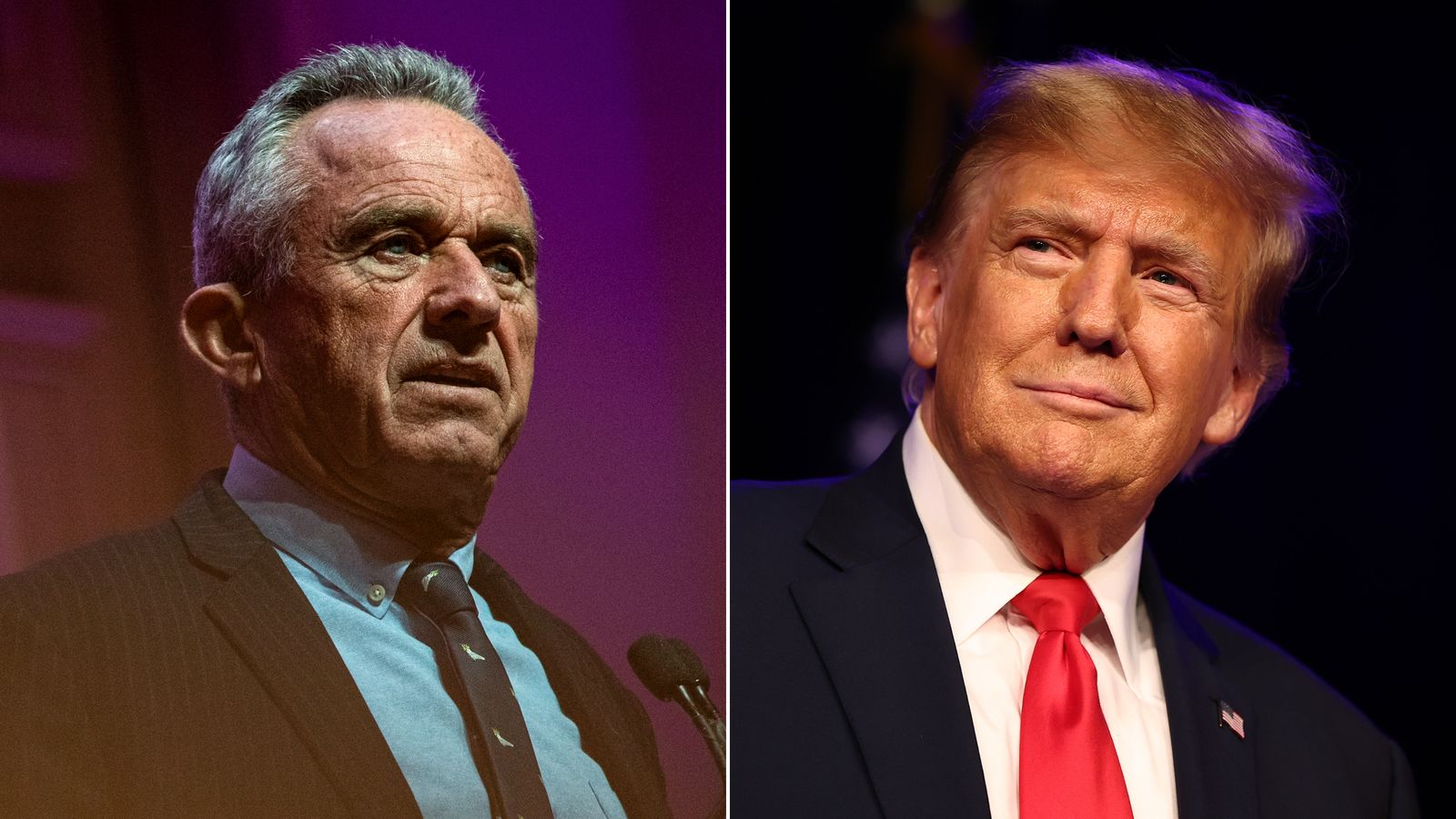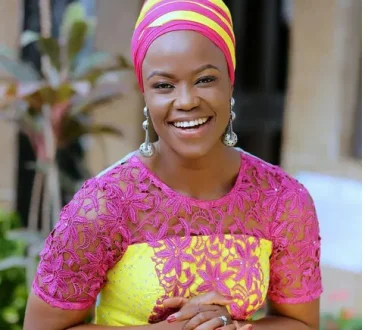
In a political move that stunned the nation, President-elect Donald Trump has appointed Robert F. Kennedy Jr. as the Secretary of Health and Human Services (HHS). The announcement came via Trump’s Truth Social account, where he praised Kennedy’s dedication to exposing what he termed the “industrial food complex and drug companies” that have misled the American public.

This appointment cements the unexpected alliance between Trump and Kennedy, a former Democratic presidential candidate who shocked the political world by dropping out of the race in August and endorsing Trump at a MAGA rally. Kennedy’s slogan, “Make America Healthy Again,” has now been elevated to a national platform, signaling a potential seismic shift in the country’s public health policies.
A Polarizing Choice
Kennedy, the nephew of President John F. Kennedy and son of Robert F. Kennedy, has built a career as an environmental lawyer and staunch critic of pharmaceutical companies. During the COVID-19 pandemic, he emerged as a controversial figure, questioning vaccine safety and accusing media and public health institutions of covering up vaccine injuries. While Kennedy insists he is not anti-vaccine, his statements and actions have drawn fierce criticism from medical experts and public health advocates.
Trump’s statement emphasized Kennedy’s alignment with his administration’s goals:
“The safety and health of all Americans is the most important role of any administration, and HHS will play a big role in helping ensure that everybody will be protected from harmful chemicals, pollutants, pesticides, pharmaceutical products, and food additives.”
Backlash from Washington and Beyond
The response to Kennedy’s appointment has been sharply divided. Dr. Peter Lurie, president of the Center for Science in the Public Interest, condemned the choice, stating, “Robert F. Kennedy Jr. is not remotely qualified for the role and should be nowhere near the science-based agencies that safeguard our nutrition, food safety, and health.”
On the other hand, libertarian-leaning Republicans like Senator Rand Paul applauded the move. Paul tweeted, “Finally, someone to detox the place after the Fauci era.”
A Wedge Issue for Pro-Life Supporters
The appointment has also sparked concern among pro-life groups. HHS oversees agencies with ties to abortion services, and Kennedy’s pro-choice stance has raised red flags within Trump’s base. Critics have pointed to this as another instance of Trump distancing himself from the staunchly pro-life policies of his first term, a shift that some fear could alienate his evangelical supporters.
What’s Next for HHS?
Kennedy’s tenure at HHS promises to be as unconventional as his career. Known for taking on chemical corporations and pharmaceutical giants in court, he could bring a combative, reform-driven approach to the agency. But whether his leadership will result in meaningful progress or deepen divisions remains to be seen.
As one of the most powerful departments in the federal government, HHS will be at the forefront of battles over healthcare policy, vaccine safety, and environmental health. Kennedy’s critics warn that his lack of conventional public health experience could jeopardize its effectiveness.

Trump’s Calculated Risk
By appointing RFK Jr., Trump is doubling down on his outsider image, signaling his willingness to challenge established norms in Washington. The choice aligns with his promise to “drain the swamp,” but it also risks alienating some of his core supporters while further polarizing an already fractured electorate.
In a presidency defined by bold moves and unexpected alliances, Trump’s decision to empower RFK Jr. could redefine the health landscape—or lead to unprecedented turmoil.
Only time will tell if this gamble pays off for the incoming administration and the American public.




